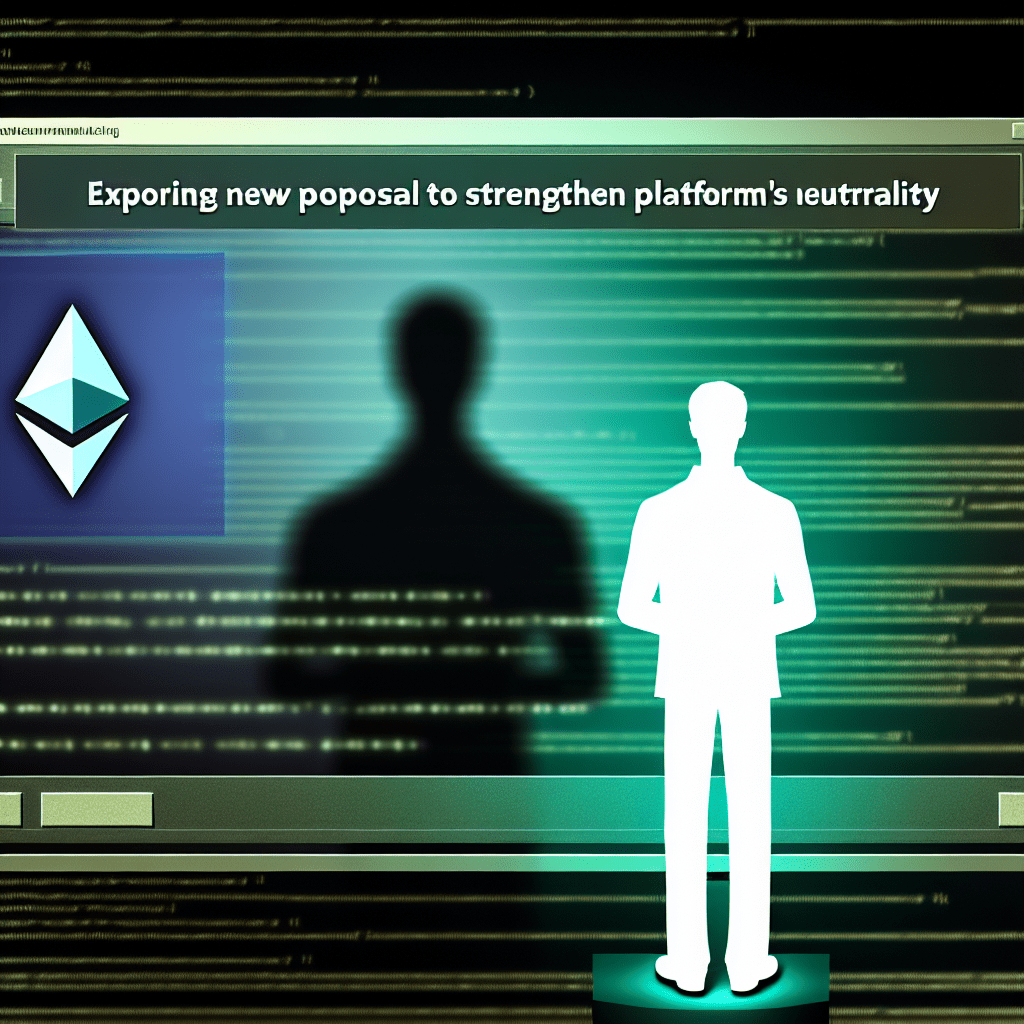
Vitalik Buterin, the co-founder of Ethereum, is calling on the community to bolster measures ensuring the network’s neutrality. He cautions that over-reliance on a few block builders might expose the blockchain to potential censorship risks.
In a post on X dated August 22, Buterin proposed three approaches to mitigate centralization pressure: enhancing the public mempool to avoid transaction bottlenecks, developing decentralized block-construction systems, and establishing fallback channels for transaction inclusion.
Vitalik Buterin Advocates for FOCIL
He stated that these measures would prevent a small group of validators from having veto power over which transactions are included on-chain.
A key aspect of Buterin’s vision is a proposal called Fork-Choice Enforced Inclusion Lists (FOCIL).
“To grasp FOCIL, think of it this way: instead of selecting just one proposer for each slot, we would choose 17 proposers per slot, with one of them holding the unique privilege of ‘moving last’ and determining transaction order,” Buterin remarked.
As per Buterin, while the main proposer dictates the transaction order, the additional 16 serve as auxiliary proposers, guaranteeing that their selected transactions are included in the block.
These auxiliary proposers would not face the heavy computational demands of full block production, making their role more accessible to a broader validator base.
Buterin suggested this architecture could also be beneficial for smart contract wallets and privacy protocols, aiding in the reduction of reliance on centralized intermediaries.
“The objective is to avert a block builder oligopoly from having the ability to exclude transactions,” he concluded.
Legal Concerns Regarding FOCIL
Buterin’s ideas responded to notable Ethereum developer Ameen Soleimani, who warned that FOCIL might have unintended consequences for validators under US regulations.
Soleimani pointed to Tornado Cash as an example where almost 90% of validators previously avoided processing related transactions, which led to settlement times increasing from roughly 15 seconds to over two minutes, though transactions eventually cleared.
He indicated that this arrangement enabled US operators to evade potential legal liabilities while still ensuring eventual transaction inclusion by others.
Soleimani expressed concern that FOCIL would alter this situation by compelling validators to include flagged transactions.
He posited that such a shift could put participants at risk of prosecution. US regulators could potentially target validators, attesters, or developers of systems mandating that inclusion.
“If I were the US government, I would wholeheartedly support FOCIL. You’re suggesting that ETH validators would have to incriminate themselves by validating blocks containing transactions from sanctioned addresses? Fantastic, that allows me to go after any ETH validator in the US whenever I choose, confiscate all their ETH, and prosecute them for sanctions violations,” he argued.
The Ethereum developer also noted that courts might not recognize the differences between proposers and auxiliary attesters, leaving all involved parties vulnerable to regulatory action.
Beyond legal implications, Soleimani expressed doubts about the long-term viability of FOCIL.
He stated that the design currently relies on validators acting out of “altruism” to handle controversial transactions. However, there are no evident incentives or safeguards to mitigate the associated risks. In the absence of these mechanisms, he argued that the proposal may be impractical.
The post Vitalik Buterin Makes New Proposal to Enhance Ethereum’s Neutrality appeared first on BeInCrypto.

